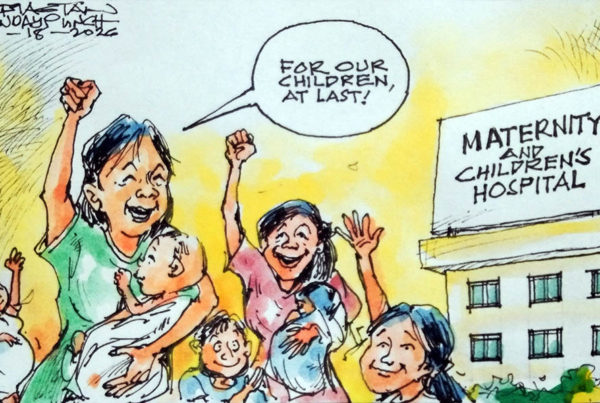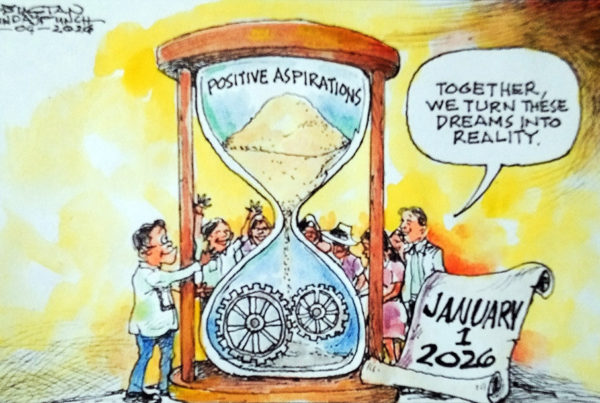Editorial
Keeping watch on political families
THE killing of 57 people – several of whom are members of a family involved in local politics, 30 of them community journalists, and some very unfortunate civilians caught in the wrong place at the wrong time – in the town of Ampatuan in Maguindanao has prompted not just national outrage but also international condemnation.
The magnitude of the Maguindanao massacre has made it more than a local story for community newspapers. It is a national issue, a concern that hits all of us home.
The brutality of the massacre plus the President’s known close ties with the Ampatuan family, whose members have been charged for the crime, has put the links and dynamics of local and national politics into focus.
It has become a major running account of how political dynasties, prevalent in most regions and provinces of the country, rule local government affairs. This may not always be a destructive nor restrictive set up as many areas can vouch for the development and services delivered by politicians who come from the same blood line — as perhaps in the case of the small town of Sto. Tomas here in Pangasinan where the Villars have proven to be progressive public servants. But the Maguindanao massacre serves to remind and warn us that the other extreme, where power is practically absolute and control is carried out by one clan with the aid of private armies as well as the sanction of the national leaders, could very well be the result.
The devolution of power to local government units is an ideal system of governance for the Philippines given its geography and cultural variations. But it does not mean that LGUs should be treated like islands unto themselves and local leaders, particularly those coming from the same family, act like autocrats commanding their own little kingdom. At the end of the day, the Philippines is one nation that upholds the principles of democracy.
If there is to be meaning in the senseless and gruesome killing of the victims of the Maguindanao massacre, it would be learning the lesson that the rest of us should never let our guards down against emerging political dynasties, rising dictators and their bunch of private armies. We should learn to demand accountability from all our politicians, particularly from those who claim political lineage from the old who either left a legacy or notoriety in public service.
The Philippines, or any part of the country, is no place for tyrants, especially tyrants who rule with violence and impunity.









